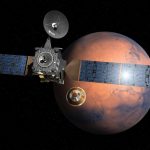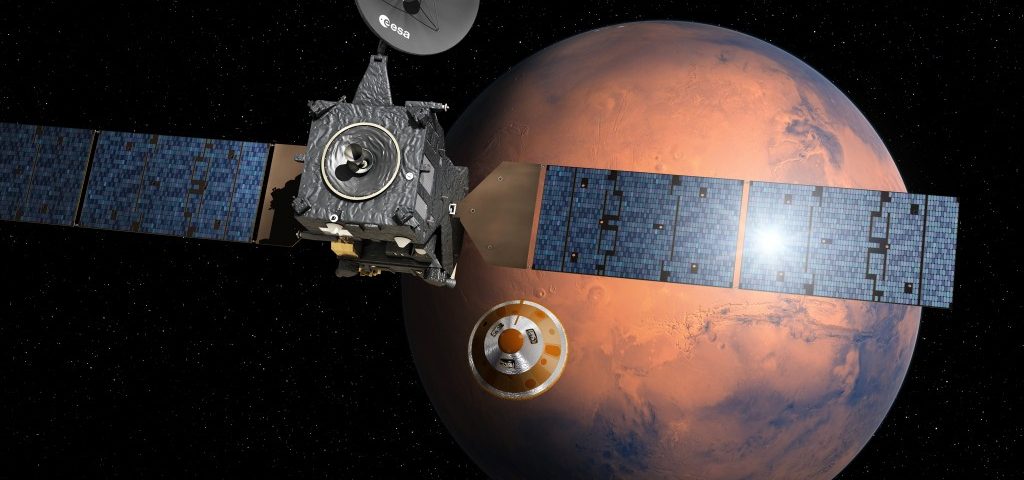
Job ID: SCO-125
Deadline: 01 August 2016
Aurora is an established supplier of skilled manpower to ESA and in particular at ESTEC and ESAC. Aurora has the opportunity to expand our support to ExoMars within ESAC.
Overview
The ExoMars 2016 mission is being implemented as part of the Robotic Exploration Programme of ESA. The Trace Gar Orbiter (TGO) will be the second ESA orbiter at Mars, in the footsteps of Mars Express. TGO will accommodate 4 scientific instruments for the detection of atmospheric trace gases, the study of their temporal and spatial evolution, the localisation of their source regions, and the mapping of subsurface water.
The Science Ground Segment (SGS) for the ExoMars 2016 mission in its operational configuration will consist of the Science Operations Centre (SOC), located at ESAC, Madrid, the Russian SOC (NNK), located in Moscow, Russia and the PI facilities, at their respective institutions.
The main uplink tasks of the EXOMARS SOC are as follows:
- Science Operations Uplink Data Production: Production of SGS components for operations;
- SGS development, including participation in the continuing training of personnel to cover all SGS operational activities, the preparation of the training strategy and the SGS operations plan and the definition and testing of the SGS routine and contingency procedures.;
- Science Operations: covering Nominal Science Operations and Commissioning Operations.
The services required to cover the above tasks are detailed below.
Specific Service Tasks
As part of the service the following main activities will have to be carried out.
Science Operations Engineer Uplink Data Production Tasks:
- Definition/update and population of the SOC configuration controlled operations data (instrument models, observation definitions, observation geometries);
- Definition and generation of the SOC operations plan and procedures;
- Maintain the ICDs for the SOC-PI team interface.
Science Ground Segment (SGS) Development tasks:
- Support Science Operations Centre (SOC) development:
- Provision of feedback on system performance and characteristics to system engineer and the s/w developer throughout the production period as part of the iterative development process;
- Definition and development of test cases, pass and fail criteria
- Ensure readiness for Nominal Science Phase Operations:
- Configuring Nominal SOC systems to any payload activities preceding Nominal Science Operations (e.g. Mars Capture Orbit (MCO) activities;
- Validating the initial set of nominal science phase operations data;
- Rehearse the LTP, MTP and STP operations process with the PI teams (“Operations Rehearsals (ORs)”).
Science Operations Engineering tasks:
- Operations Preparation Activities (in support to Long Term Planning):
- Scheduling of the PI team-defined contributing observations;
- Validation with MAPPS to generate an operationally feasible candidate plan;
- Refining the LTP in response to modified LTP inputs;
- Freezing the LTP baseline and committing to configuration control.
- Medium Term Planning Activities:
- Kick-off MTP science planning by providing the PI teams with the baseline observation types;
- Scheduling defined contributing observations within the MTP period;
- Use of MAPPS to generate an operationally feasible candidate plan including pointing and resource allocations;
- Refining the science plan directly with the PI teams at the observation level;
- Gaining approval of the final MTP plan and freeze the MTP baseline;
- Generating the pointing and payload request files, then deliver to the MOC.
- Short Term Planning Activities:
- Generating a full set of instrument timelines (ITLs) for all four 1-week commanding periods that correspond to the agreed MTP;
- Working with the PI teams to update their commanding for each CP in turn;
- Using MAPPS to check that any commanding updates respect the operations constraints and remain within the envelope established in the MTP;
- Generating the payload operations requests and submitting them to the MOC 1 week before execution for each CP.
Specific qualification requirements
- At least a graduate degree (Masters or Ph.D.) in a scientific or technical subject and relevant professional experience in line with the requirements of the job class.
- Relevant professional experience of at least 4 years
- You must be able to work in English
Specific knowledge is required in the following areas:
- Experience in uplink science operations for solar system missions;
- Experience in payload modeling, simulation and commanding;
- Experience with simulation software for spacecraft operations and observation geometry;
- Experience with planetary science operation tools (MAPPS, EPS, SPICE) is considered a bonus.
- Good communication skills;
- Good team working skills.
Legal and Security Requirements
- All applicants must be legally allowed to work in Spain without the need to obtain a work visa. Only European Union citizens can be employed by Aurora in Spain.
- Applicants are required to provide a copy of their passport and degree certificate. Aurora will validate the Degree with the issuing University and provide evidence to ESA.
- In line with ESA’s security requirements, prior to issuing a letter of employment the applicant shall provide to Aurora a recent official document declaring that they are of good conduct from the country where currently resident, and Aurora will validate your employment history.
Location
It is expected that the work will be performed at the ESAC, the European Space Astronomy Centre, at Villafranca del Castillo, near Madrid, Spain.
Contract
- You will be registered for both social security and tax in Spain.
- The standard working hours are 40 per week. There are 12 public holidays and an additional 30 annual days holiday.
- In addition to public health services Aurora provides private medical insurance in Spain.
- Training to improve efficiency and provide strength for future career are of course included.
- Aurora can assist financially and provide recent experience information for relocation.
To be considered for this Position
Provide prior to 01 August 2016 a summary of why you are a good candidate for the position together with a complete and detailed
Recruitment Form or your CV with a motivation letter to Mr. Davide Starnone, at email davide.starnone@aurora.nl quoting reference SCO-125.
Aurora will agree conditional employment terms and conditions with candidates before presenting their detailed technical proposal and candidates to ESA by 11 August 2016, 13:00 hours.

